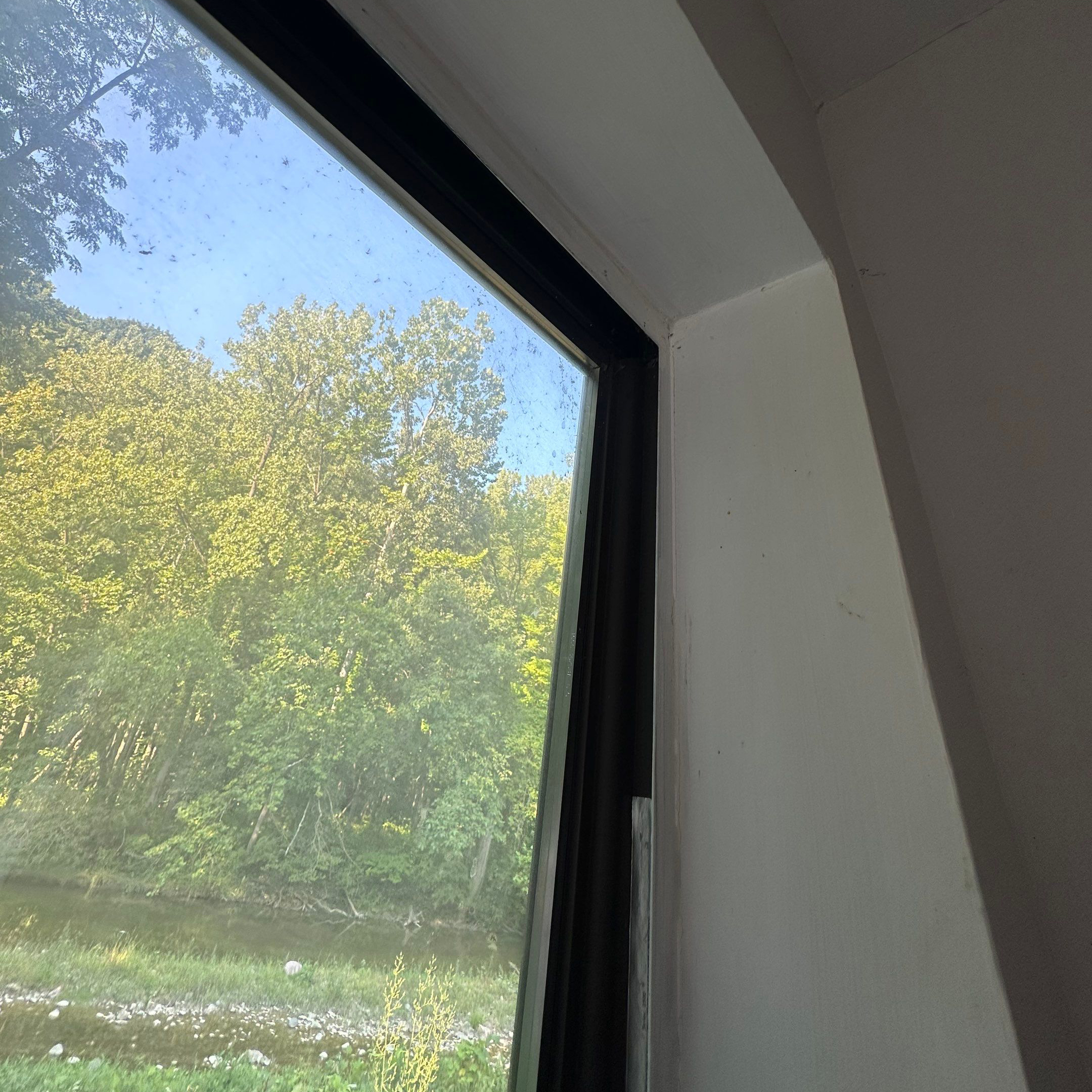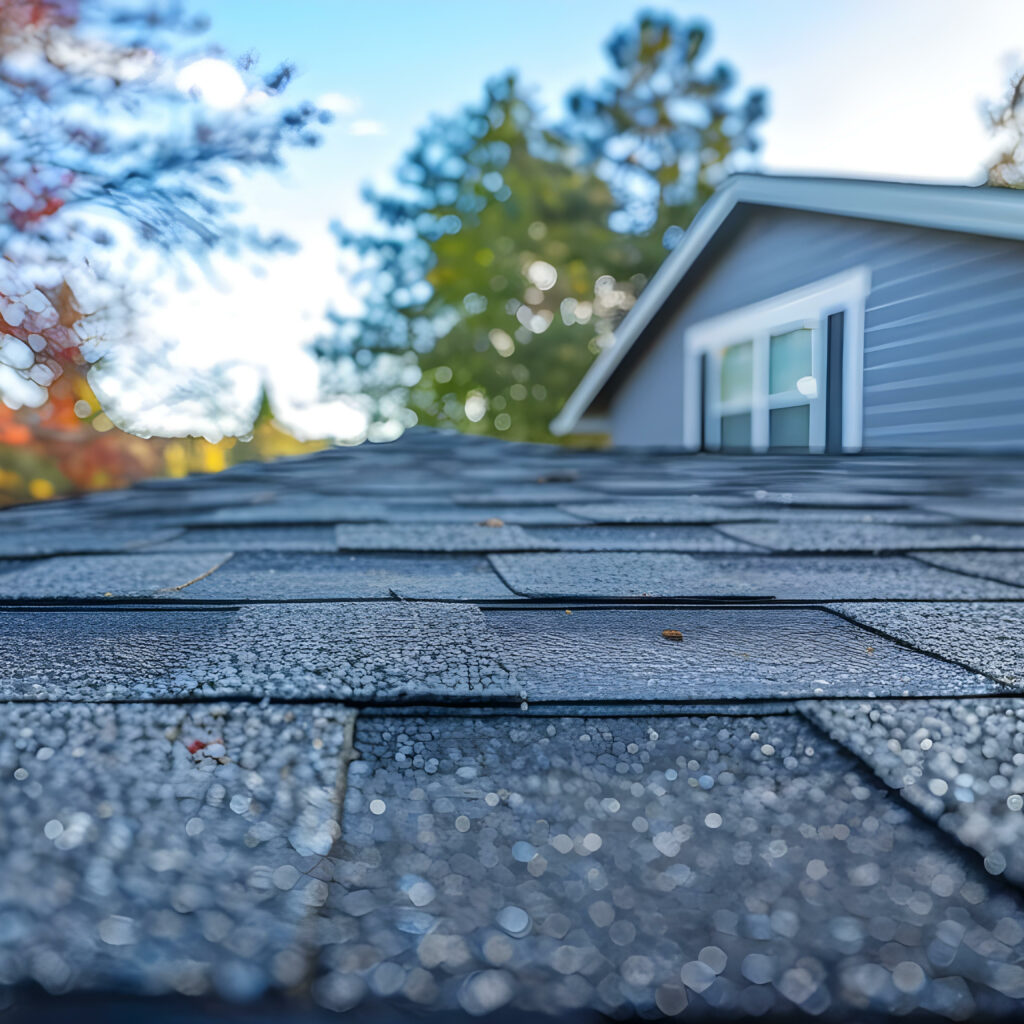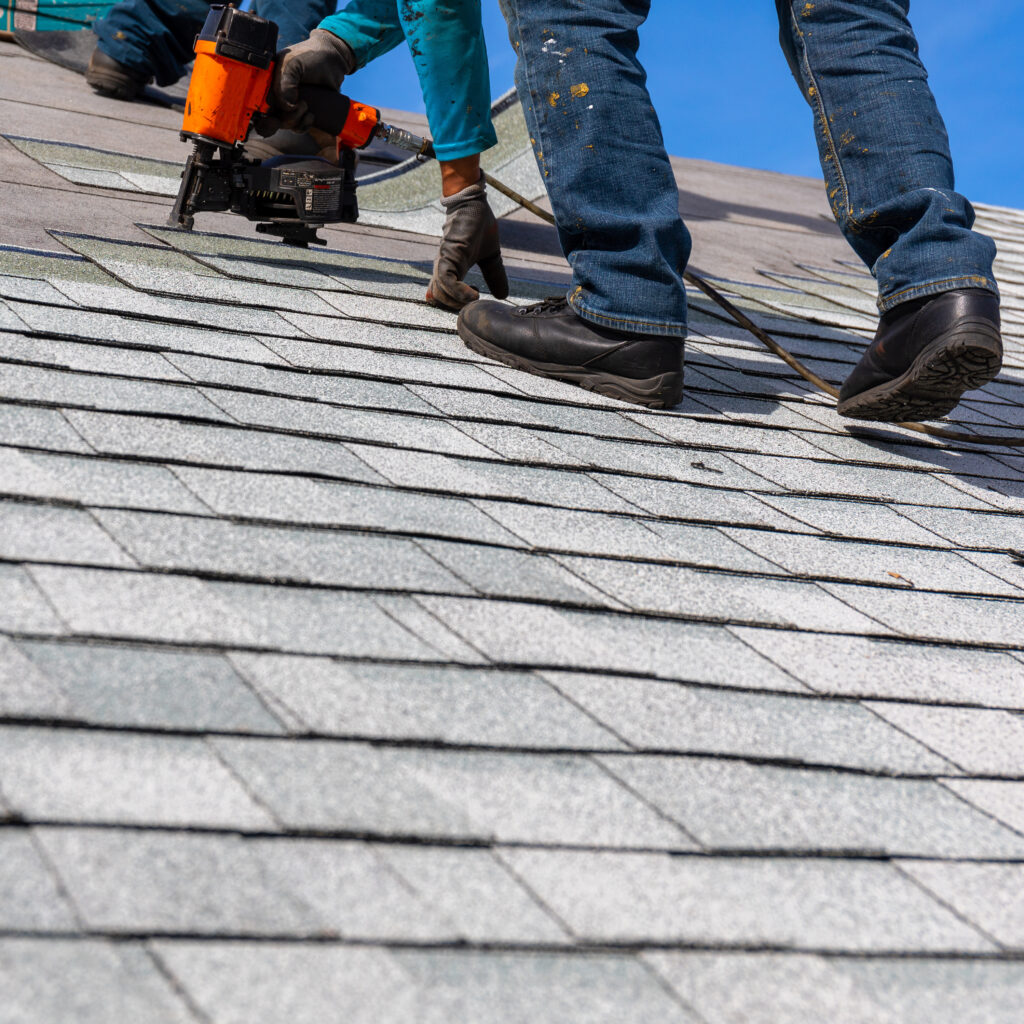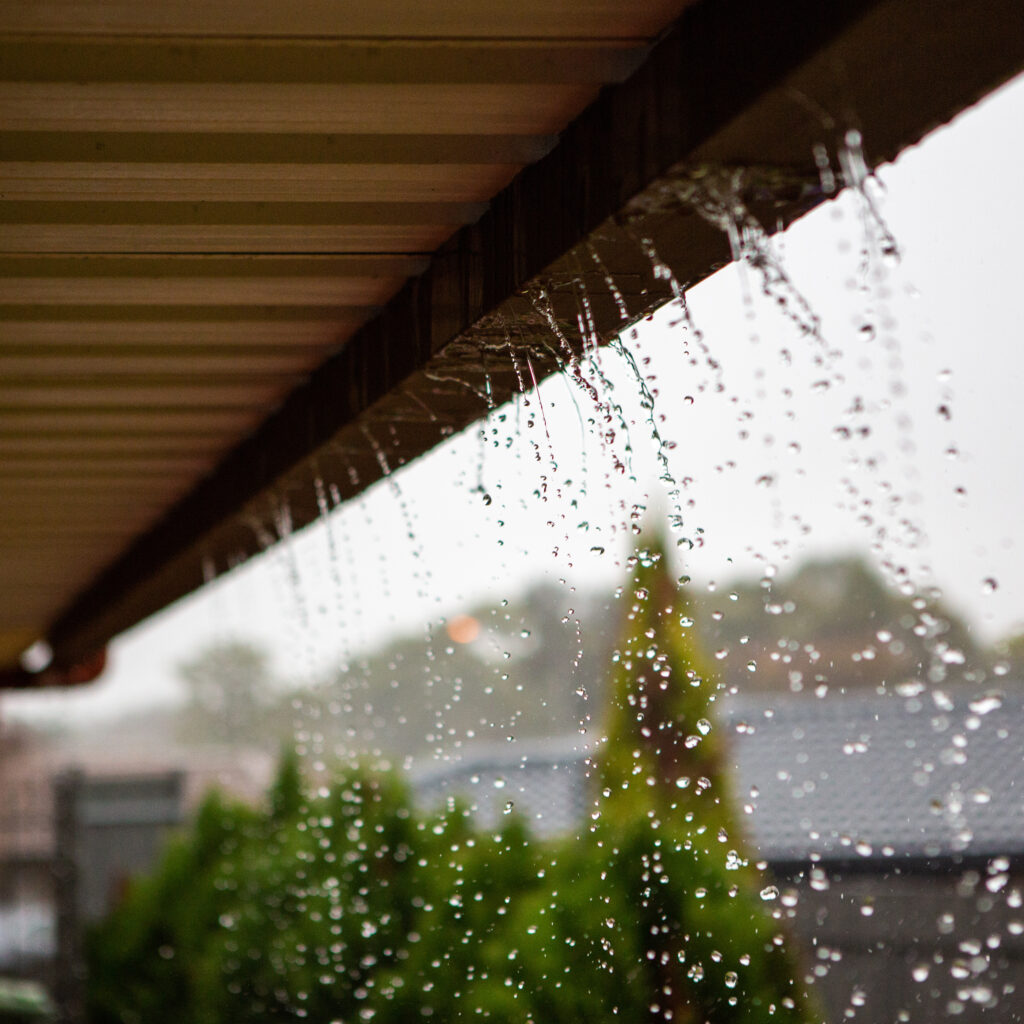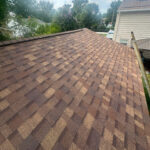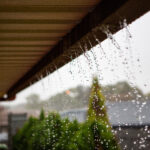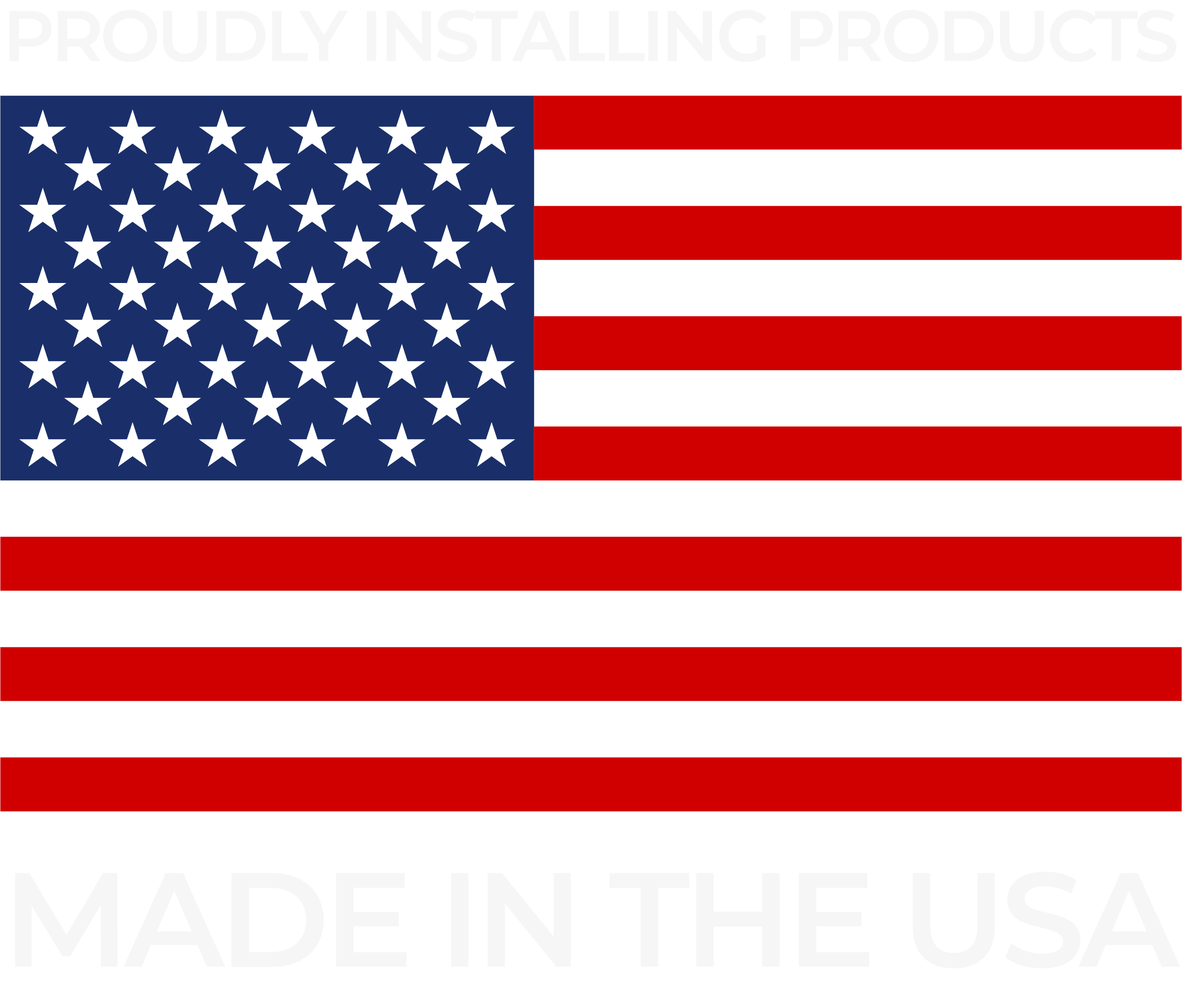Can Hard Water or Chlorinated Water Hurt Your Windows?
Water is essential for keeping your home and windows clean, but not all water is created equal. Depending on where you live, you may encounter hard water or water treated with chlorine, both of which can have varying effects on your windows over time. If you’re wondering whether hard or chlorinated water can harm your windows, this blog will explore how these types of water might impact their appearance, durability, and performance.
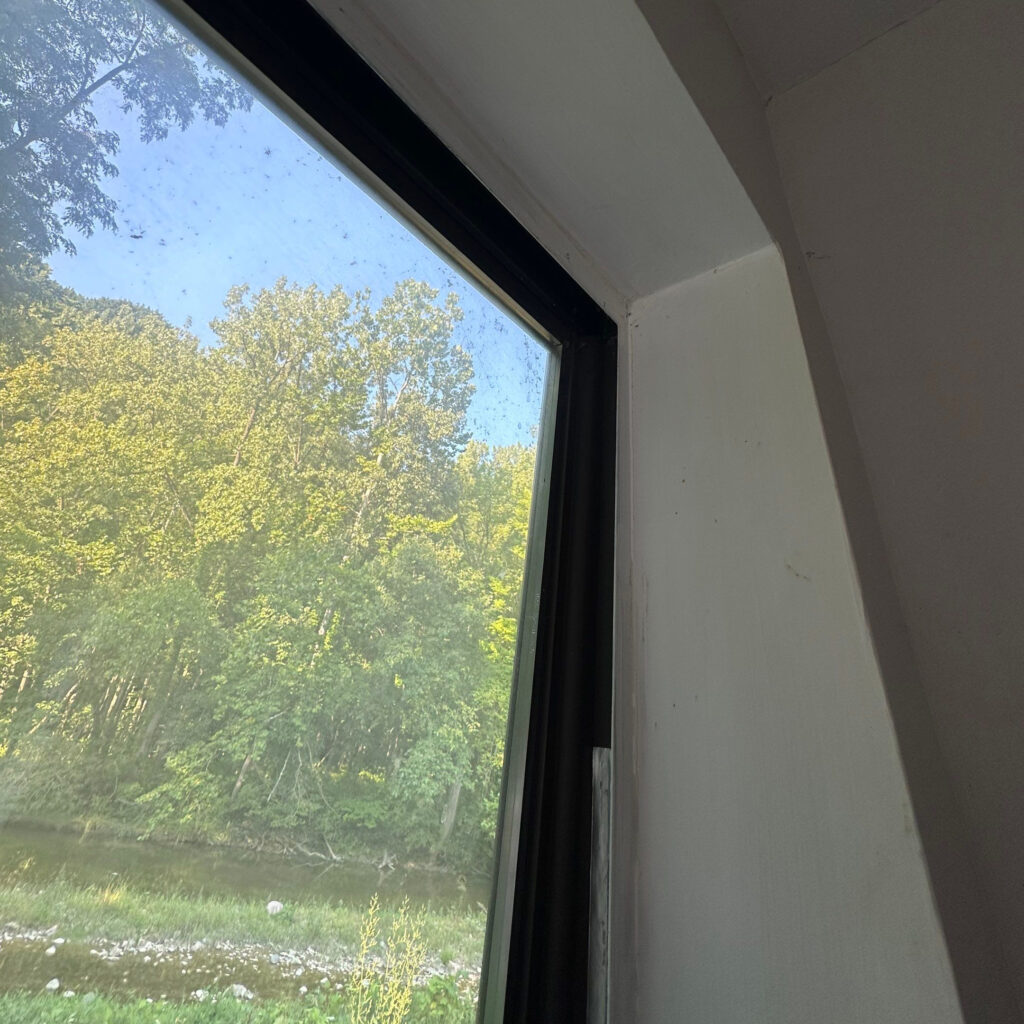
What Is Hard Water?
Hard water is water that contains high levels of minerals, primarily calcium and magnesium. While hard water is safe to drink and use, its high mineral content can lead to a number of issues, especially when it comes to cleaning your home’s surfaces, including windows.
How Hard Water Can Affect Windows
The most common effect of hard water on windows is the appearance of unsightly spots or streaks. When hard water evaporates from the surface of your windows, it leaves behind mineral deposits that create water spots. Over time, if not properly cleaned, these spots can become more difficult to remove, making your windows look cloudy or dull.
In extreme cases, repeated exposure to hard water can lead to more than just cosmetic issues. The buildup of mineral deposits on windows can cause damage to seals and lead to a decline in window performance. Over time, this could result in reduced energy efficiency and even air or water leaks. There are ways to prevent how these types of water may impact your windows.
How to Prevent Hard Water Damage to Windows
To minimize the effects of hard water on your windows, it’s essential to clean them regularly and properly. Here are some tips to keep hard water from causing lasting damage:
- Use a vinegar solution: Vinegar helps dissolve mineral deposits, making it easier to remove hard water stains. Simply mix equal parts vinegar and water in a spray bottle and apply it to the affected areas. Wipe clean with a microfiber cloth or squeegee.
- Dry your windows after cleaning: Leaving water to dry on your windows can allow mineral deposits to form. After washing your windows, dry them thoroughly with a lint-free cloth or squeegee to prevent hard water spots from developing.
- Install a water softener: If hard water is a consistent issue in your home, consider installing a water softener. A water softener removes excess minerals, reducing the likelihood of water spots and mineral buildup on your windows and other surfaces.
The Effects of Chlorinated Water on Windows
Chlorinated water is water that has been treated with chlorine to kill bacteria and make it safe for drinking and household use. While chlorinated water is an effective disinfectant, it can also cause some negative effects when it comes to your windows, especially if used for cleaning.
Like hard water, chlorinated water can leave spots or streaks on your windows when it evaporates. But, chlorine typically doesn’t cause the same level of mineral buildup. However, regular exposure to chlorinated water could cause damage to window frames and seals over time. Chlorine is a chemical, and prolonged exposure can weaken rubber seals and other materials that are critical for maintaining the structural integrity and insulation of your windows.
How to Minimize Chlorinated Water Damage
To protect your windows from the effects of chlorinated water, follow these steps:
- Avoid cleaning windows with chlorinated water: When cleaning your windows, it’s best to use distilled or filtered water instead of tap water that may contain chlorine. This reduces the risk of leaving behind chemical residue that could harm your window seals or frames.
- Rinse thoroughly: If you accidentally use chlorinated water to clean your windows, make sure to rinse them thoroughly with clean, filtered water and dry them properly afterward.
Inspect window seals regularly: Check the seals around your windows for signs of wear or damage caused by exposure to chlorinated water. If you notice any issues, consider replacing the seals to prevent air or water leaks.
Conclusion
Hard water and chlorinated water can both have negative effects on your windows. It can lead to unsightly stains and long-term damage to seals and frames. While hard water mainly causes mineral buildup, chlorinated water can weaken window seals if not managed properly. The good news is that these issues are preventable with regular cleaning, careful water selection, and proper maintenance.
By taking the right precautions, you can keep your windows in excellent condition, ensuring they remain clear, functional, and energy-efficient for years to come. If you’re unsure how to best care for your windows or suspect they’ve been damaged by hard or chlorinated water, reach out to a professional window contractor for advice or a thorough inspection.

